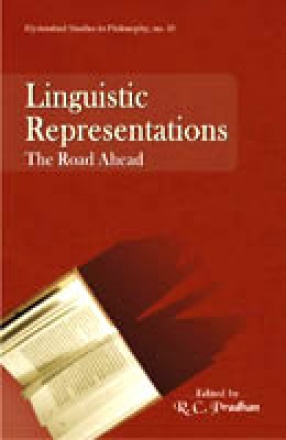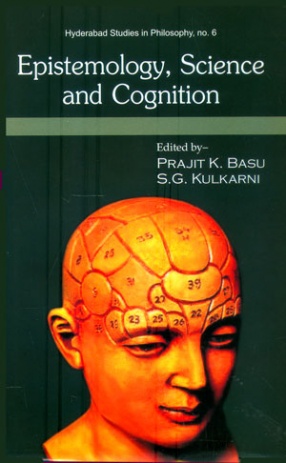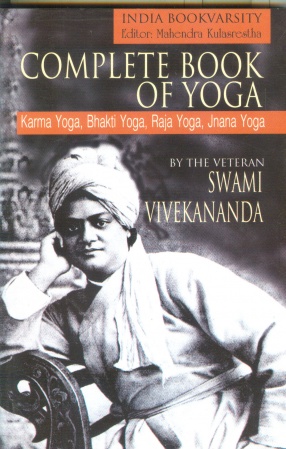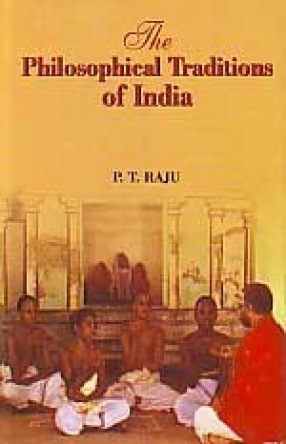The essays in this volume deal with the nature of linguistic representations as distinguished from other types of representations, including mental representations. These study language and linguistic representations, examining crucial questions like nature of language and language as a source of knowledge, accommodating linguistic representations within the broad framework of truth-based semantics and hermeneutic interpretation of language. The essays focus on the structure and limits of linguistic representations from both the Indian and Western perspectives. The semantic problems of meaning, reference and truth constitute the main issues facing any theory of linguistic representations and, therefore, these issues have been discussed in-depth. Besides, there has been an effort to understand how to locate the language-reality relationships within a broad representationalist framework. The essays take up many specific topics, examining theories of linguistic representations, such as the anti-representationalist stand of Wittgenstein and Derrida, Grice’s theory of meaning, and perspectives of Indian classical schools such as the Naiyayikas’ perspective on testimonial knowledge. The essays specially focus on the Indian theories of grammar and linguistic representations to highlight how philosophy of language, whether classical or contemporary, can hardly get rid of the semantic locus of meaning and truth.
The volume will prove invaluable to scholars of philosophy, especially those concerned with language and linguistic representations.






There are no reviews yet.